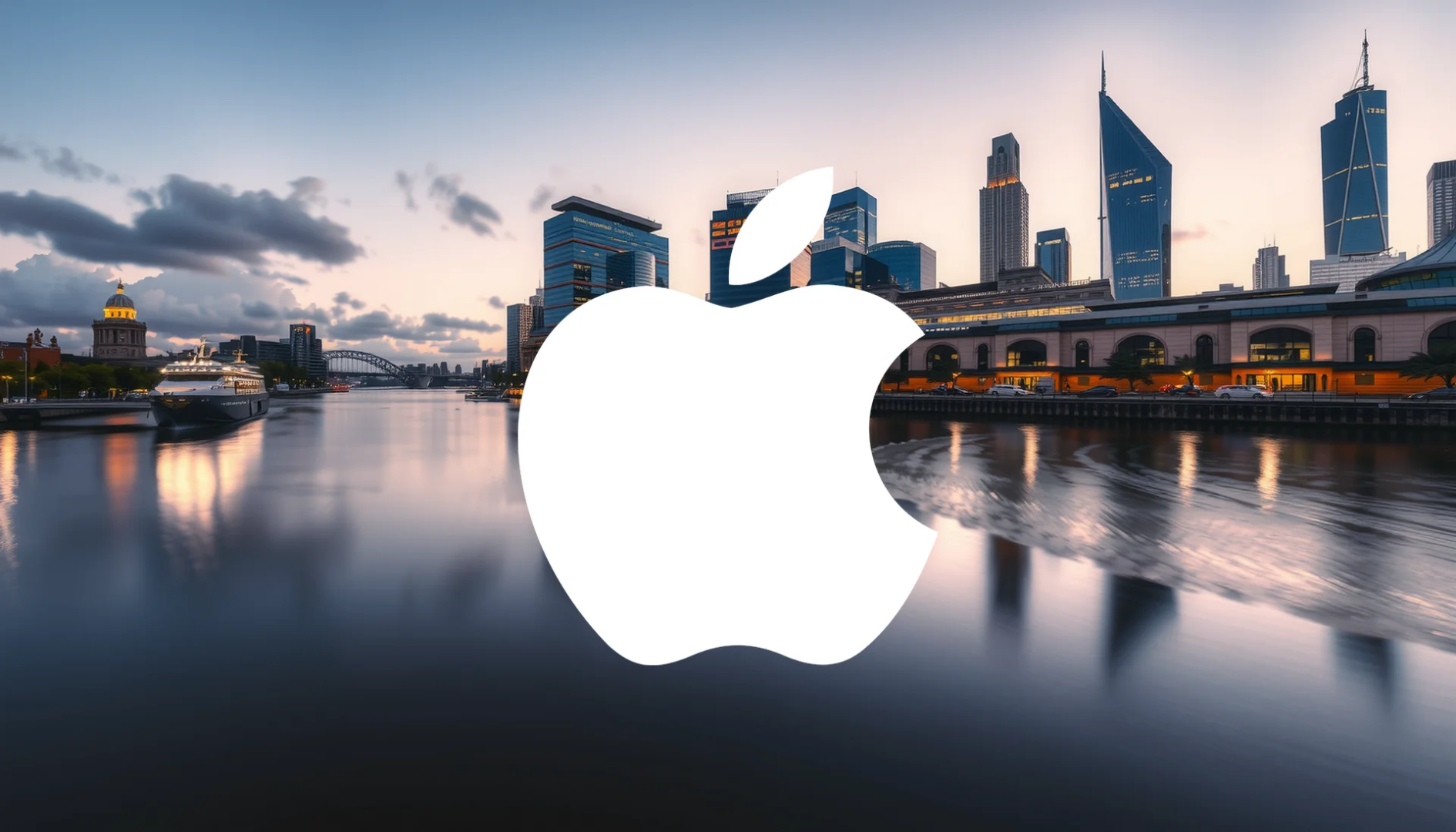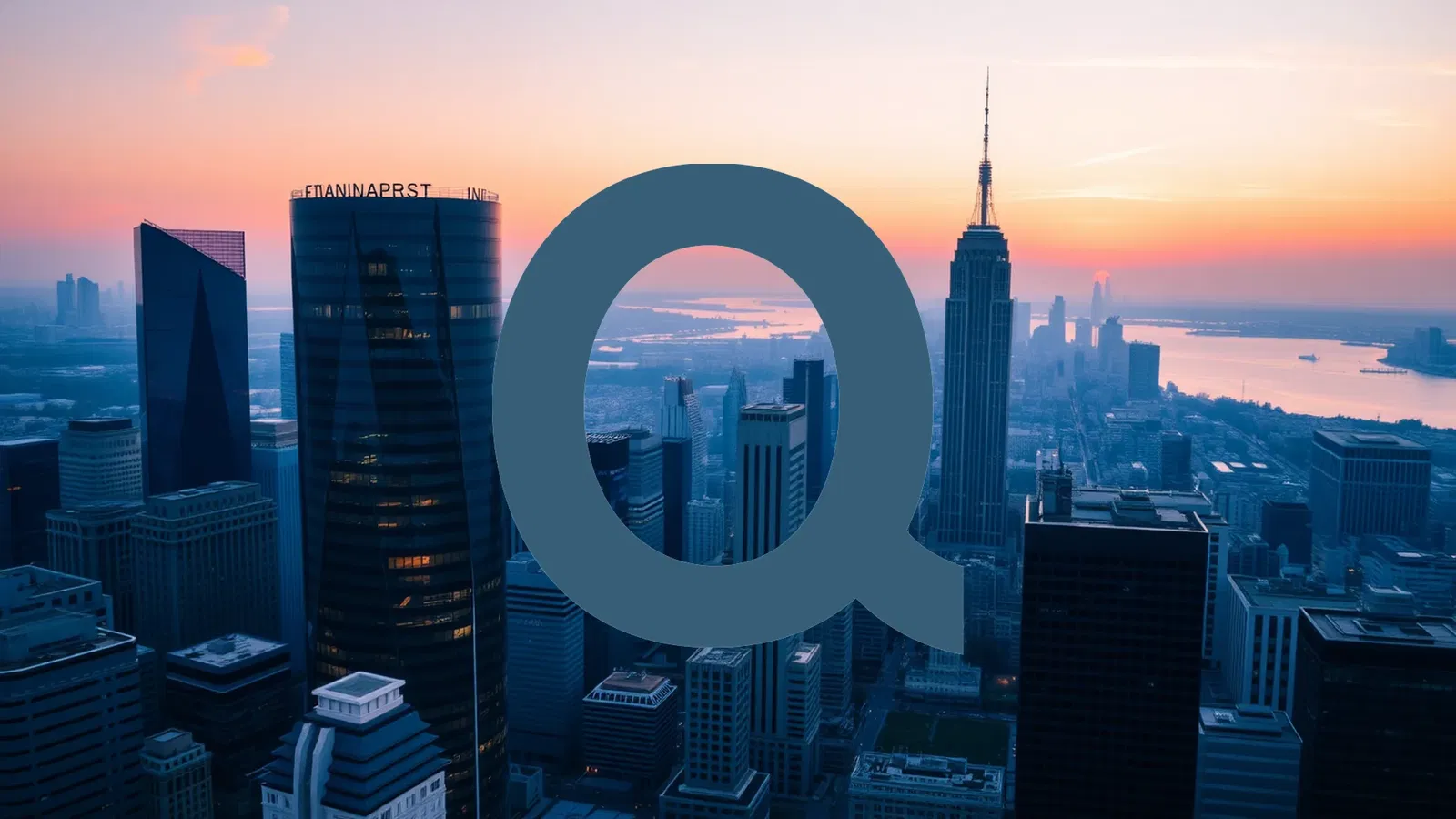In a landmark strategic shift, Apple has committed approximately $1 billion annually to license Google’s Gemini artificial intelligence platform, signaling a major departure from its traditional reliance on proprietary technology development. The agreement, initially reported on November 5th and officially confirmed this Thursday, will power a comprehensive overhaul of Apple’s Siri voice assistant using Gemini’s 1.2 trillion-parameter model.
This move comes as the technology giant simultaneously navigates escalating regulatory tensions with European Union authorities, creating a complex backdrop for Apple’s strategic repositioning.
Strategic Partnership Details
The Gemini integration represents one of Apple’s most significant third-party technology partnerships in recent history. The AI system will operate on Apple’s Private Cloud Compute servers, ensuring user data never touches Google’s infrastructure—a critical provision that aligns with Apple’s stringent privacy standards.
Key agreement terms include:
* Annual licensing fee: Approximately $1 billion
* AI model: Gemini featuring 1.2 trillion parameters
* Implementation: Core functionality for completely redesigned Siri
* Expected launch: 2026
* Data handling: Exclusive operation on Apple-owned servers
This partnership acknowledges Apple’s delayed entry into the generative AI competitive landscape. Rather than continuing internal development efforts, the company is leveraging established technology from a competitor—a notable strategy reversal for a firm historically committed to in-house innovation.
European Regulatory Challenges Intensify
Concurrent with its AI partnership announcement, Apple has adopted a more confrontational stance toward EU regulatory bodies. In correspondence dated November 6th addressed to the European Commission, Apple officials highlighted perceived contradictions between the Digital Markets Act (DMA) and Digital Services Act (DSA).
Should investors sell immediately? Or is it worth buying Apple?
The company contends that DMA requirements forcing iOS platform openness directly conflict with DSA mandates protecting users from fraud and ensuring child safety. As an immediate consequence, Apple will disable automatic WiFi synchronization between iPhones and Apple Watches for EU customers in the upcoming iOS 26.2 update. Company representatives maintain that mandated system openness makes secure implementation of this feature impossible.
This assertive approach marks a significant escalation in the ongoing dispute between the technology behemoth and European regulators, with Apple openly questioning the coherence of EU digital legislation—a conflict likely to extend over multiple years.
Market Performance Defies Sector Weakness
Despite regulatory uncertainties and strategic pivots, Apple shares demonstrated remarkable stability during Thursday’s trading session. While the Nasdaq 100 index recorded substantial declines, Apple equity experienced only minimal losses. Market analysts interpret this resilience as evidence that Apple is reclaiming its status as a “safe haven” within the technology sector, supported by robust financials and consistent cash flow generation.
Investor confidence appears bolstered by strong fourth-quarter 2025 earnings and optimistic holiday season projections. Additionally, Apple continues expanding its manufacturing footprint in India, with plans to produce $28 billion worth of iPhones there during fiscal year 2026—further diversifying the company’s supply chain infrastructure.
The coming months will determine whether Apple’s substantial investment in Google’s AI technology yields competitive advantages and whether European regulatory conflicts create operational headwinds. While the Siri transformation remains months from implementation, regulatory challenges present immediate business considerations.
Ad
Apple Stock: Buy or Sell?! New Apple Analysis from February 8 delivers the answer:
The latest Apple figures speak for themselves: Urgent action needed for Apple investors. Is it worth buying or should you sell? Find out what to do now in the current free analysis from February 8.
Apple: Buy or sell? Read more here...









